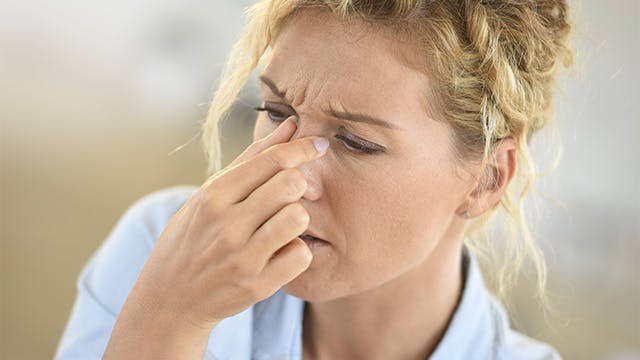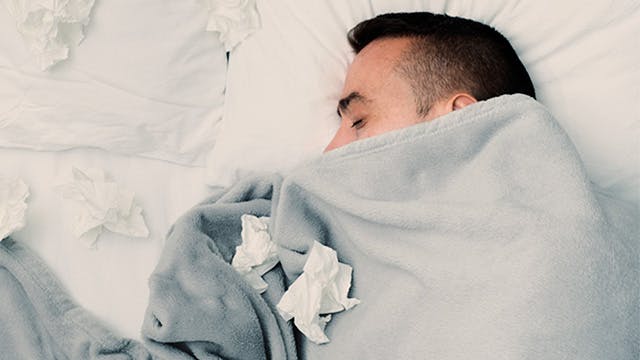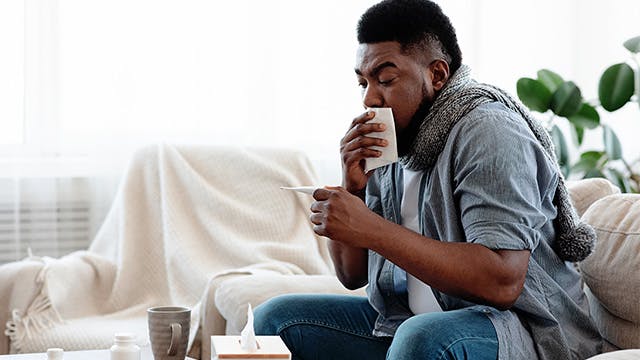How Does the Immune System Work?
Your body’s immune system is a complex network that helps to defend against illness, and these defenses are generally categorized as being innate or adaptive.1 Innate immunity is a more broad, immediate type of protection, while adaptive is learned over time and targeted to specific threats, such as a response to a virus.1
One of the most important parts of your immune system are white blood cells, which identify and attack foreign pathogens within the body.1 When this occurs, white blood cells release proteins called cytokines that act as messengers to other white blood cells, alerting them of a foreign presence.1
Does Sleep Help the Immune System?
When you’re sleeping, your immune system releases cytokines to aid with healing.2 And when you have an infection or inflammatory illness, or you’re dealing with a stressful situation, you have a greater need for these cytokines.2 The optimal amount of sleep for the average adult is between seven to ten hours a night,2 and if you’re not getting enough sleep, your body won’t produce enough of this kind of protein, which can limit your ability to fight infections.2
One study analyzed the immune cells of healthy adults who regularly slept for eight hours a night, and again after these adults drastically reduced their sleep.3 At the end of the study researchers found that when they were getting significantly less sleep, the number and DNA structure of their immune cells had changed due to sleep deprivation.3
Other studies have indicated that sleep is an important factor in determining the effectiveness of a vaccine.1 If you don’t get enough sleep the night after receiving a vaccine such as a flu shot, your body’s immune response won’t be as strong as it could be.1 This can reduce the vaccine’s protective properties and may even cause you to require a second dose.1
Consistently getting a good night’s sleep is crucial for your immune system to operate correctly, especially if you’re recovering from the flu. If you have a hard time falling asleep, take a look at these tips for falling asleep when you’re sick.
If your flu symptoms have been keeping you up all night, reach for Theraflu Nighttime Flu Relief Max Strength Syrup so you can get a peaceful night of rest.



